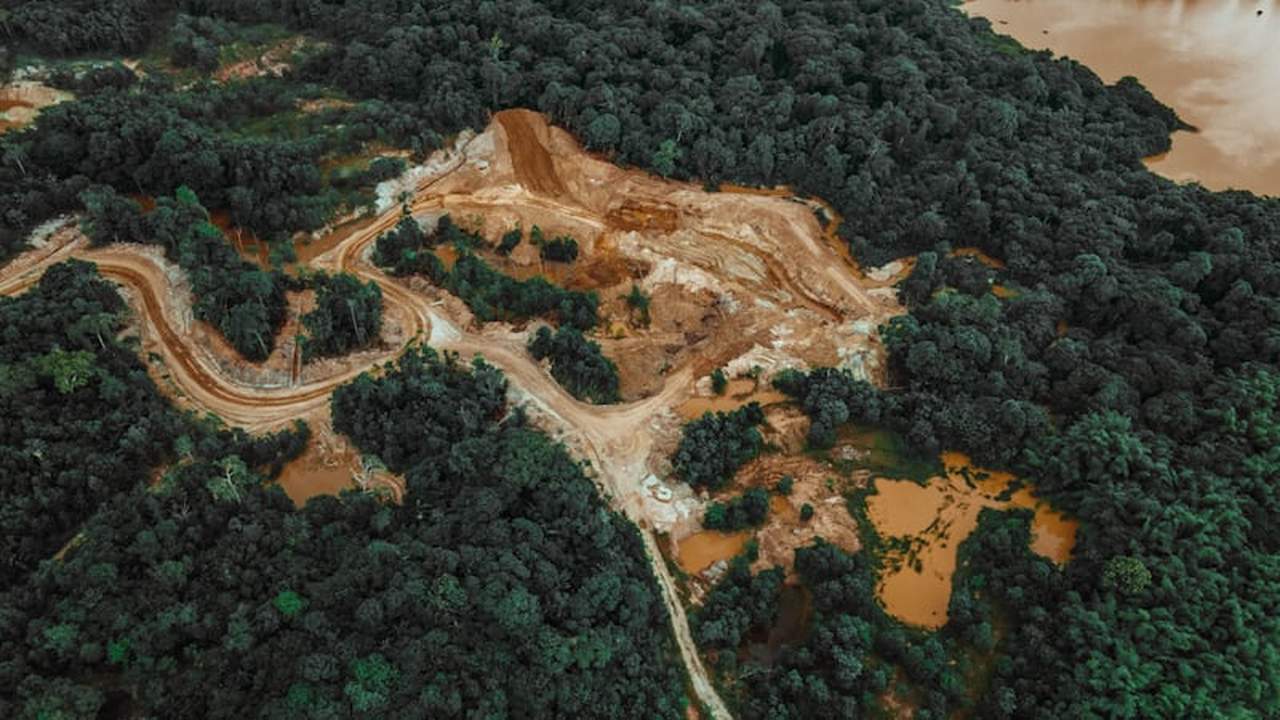 Amid mounting concerns over the readiness of IT systems, the European Commission is pushing for yet another 12-month delay to the European Union Deforestation Regulation (EUDR). This move has sparked criticism from sustainability advocates, who fear the impact on traceability efforts and smallholder compliance. As pressure mounts on lawmakers to decide the fate of the EUDR, the regulation's credibility hangs in the balance.
Amid mounting concerns over the readiness of IT systems, the European Commission is pushing for yet another 12-month delay to the European Union Deforestation Regulation (EUDR). This move has sparked criticism from sustainability advocates, who fear the impact on traceability efforts and smallholder compliance. As pressure mounts on lawmakers to decide the fate of the EUDR, the regulation's credibility hangs in the balance.
Implications of IT System Readiness on EUDR Compliance
The European Commission's push for a further delay in the implementation of the EUDR due to IT system readiness issues raises significant concerns for businesses operating within the affected sectors. The requirement for business operators to demonstrate proper due diligence in ensuring deforestation-free production of commodities like soy, palm oil, and wood hinges on the functionality of these IT systems. The delay not only prolongs the uncertainty surrounding compliance deadlines but also underscores the challenges faced by companies in adapting to evolving regulatory landscapes. This situation necessitates a reevaluation of internal processes and systems to ensure seamless integration with the upcoming EUDR requirements, emphasizing the critical role of technology in driving sustainability efforts.
The potential introduction of a 'negligible risk' category within the EUDR further complicates the compliance landscape for businesses. While simplifying legislation for countries deemed to pose minimal risks of deforestation, this addition could significantly impact the risk assessment strategies of companies operating across borders. The European Commission's efforts to streamline the law by considering such amendments reflect a commitment to enhancing the effectiveness and clarity of regulatory frameworks. However, the uncertainty surrounding the inclusion of this new risk category underscores the need for businesses to remain agile in their approach to compliance and risk mitigation strategies.
Stakeholder Response and Industry Advocacy
The proposed delay in the EUDR enforcement has elicited mixed reactions from stakeholders, with sustainability advocates expressing disappointment over the potential setback in combating deforestation. Organizations like NGO Fern and Earthsight have been vocal in criticizing the European Commission's decision, highlighting the implications of further postponement on environmental conservation efforts. The divergent views within the sustainability sector underscore the complex interplay between regulatory requirements, industry practices, and advocacy initiatives. As pressure mounts on policymakers to navigate these competing interests, the role of stakeholder engagement and advocacy becomes increasingly pivotal in shaping the trajectory of sustainable supply chain practices.
The stance taken by non-profit organizations like Earthsight and NGO Fern reflects a broader narrative of industry accountability and environmental stewardship. By urging the European Parliament and Council to resist the Commission's proposal for delay, these advocacy groups underscore the urgency of upholding regulatory commitments and fostering transparency in global supply chains. The alignment of industry advocates with regulatory objectives underscores the evolving dynamics of corporate responsibility and the growing emphasis on ethical sourcing practices. As the EUDR continues to face scrutiny and debate, the collaboration between stakeholders and policymakers will be instrumental in driving meaningful change towards sustainable and transparent supply chain operations.
Future of EUDR Credibility and Regulatory Compliance
The ongoing deliberations surrounding the EUDR delay raise fundamental questions about the credibility and enforceability of regulatory frameworks aimed at combating deforestation. The decision-making process concerning the implementation timeline reflects the delicate balance between regulatory ambition and practical considerations related to industry readiness. The outcome of these deliberations will not only shape the future trajectory of the EUDR but also set a precedent for regulatory compliance in the broader context of sustainability governance. As companies navigate the evolving regulatory landscape, the ability to adapt to changing requirements and demonstrate proactive engagement with sustainability goals will be crucial in ensuring long-term compliance and reputation management.
The potential implications of the EUDR delay extend beyond immediate compliance challenges, impacting the broader discourse on environmental protection and corporate accountability. The regulatory uncertainties stemming from the postponement underscore the need for companies to adopt a proactive approach towards sustainability initiatives, integrating traceability measures and responsible sourcing practices into their core business strategies. The evolving regulatory landscape necessitates a strategic reevaluation of supply chain operations, emphasizing the importance of transparency, collaboration, and innovation in driving sustainable business practices. As the EUDR undergoes further scrutiny and potential amendments, companies must proactively engage with stakeholders, leverage technology solutions, and embed sustainability principles into their organizational DNA to navigate regulatory complexities and uphold their commitment to ethical sourcing practices.
Conclusion
The European Commission's proposed delay to the EUDR underscores the pivotal role of technology and stakeholder collaboration in navigating evolving sustainability regulations. As industry advocates and NGOs voice concerns over deforestation impacts, businesses face a critical juncture in aligning compliance strategies with ethical imperatives. The credibility of the EUDR hinges on proactive engagement, transparency, and innovation, urging companies to embed sustainability at the core of their operations. Amid regulatory uncertainties, the imperative for strategic adaptation and industry-wide accountability emerges as a defining factor in shaping the future of sustainable and transparent global supply chains.